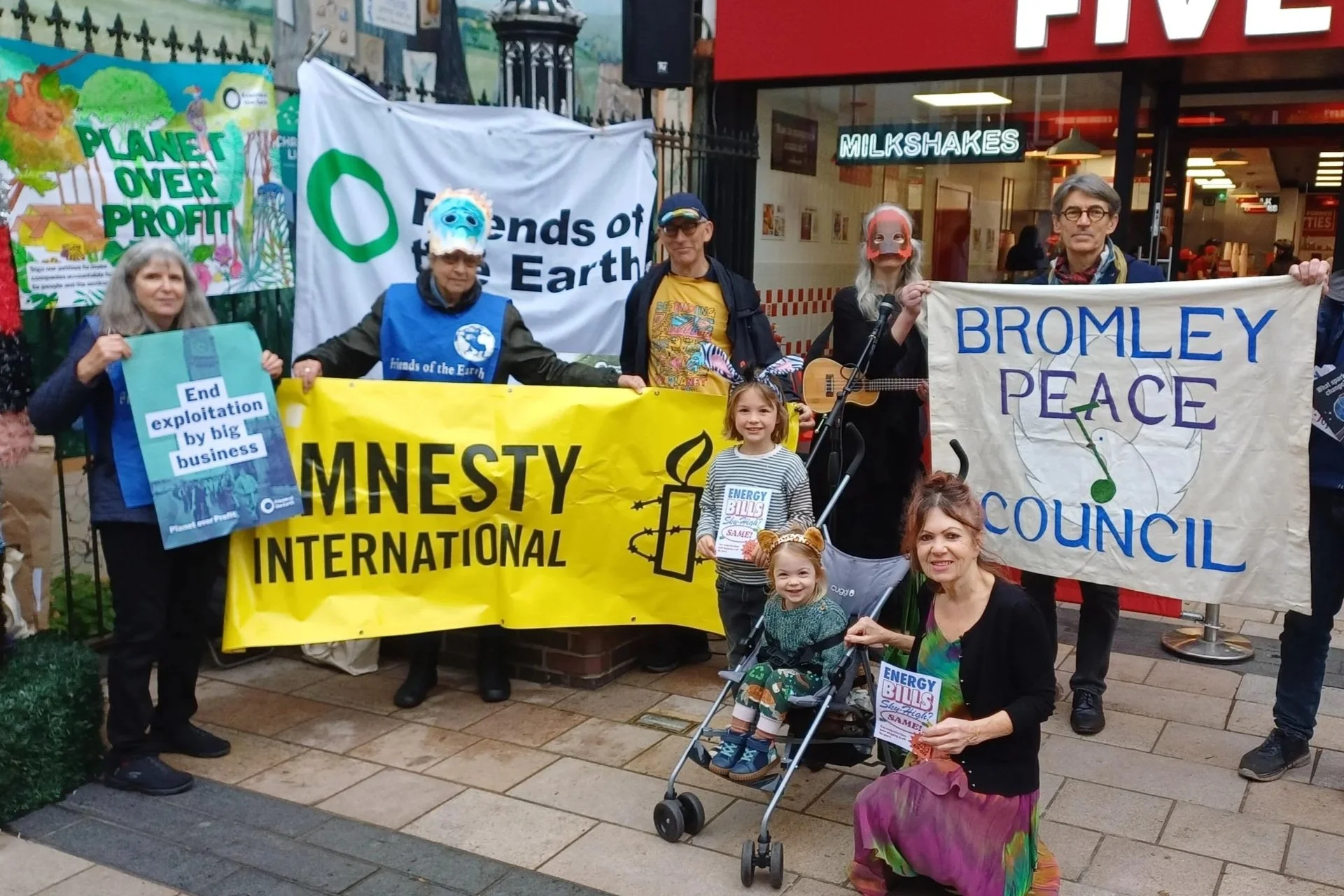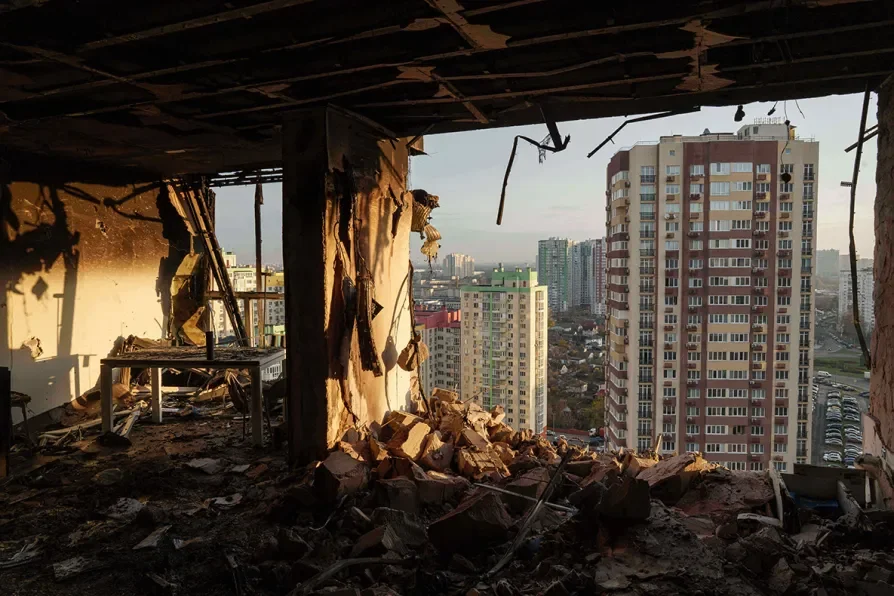By David Polden in Kick Nuclear August 2021
(…)[I]t was announced in June that both of Dungeness B’s two “advanced gas-cooled reactors”, out of operation since September 2018, were “beyond repair” and therefore would not re-open.
This means that the end of transport of highly radioactive “spent” fuel rods removed from power stations and sent by rail through London is in sight. It takes around five years for a power station to be defuelled, that is for all the spent fuel rods to be removed and sent up to Sellafield by train through London to be stored or reprocessed. So this last transport of spent nuclear fuel through London should cease around 2023.
At one time there were nuclear trains, usually weekly, carrying such spent fuel rods from four different places, running through London. They ran from Dungeness, Bradwell, Sizewell and from the Continent, primarily from Germany, but also from Switzerland and Belgium.
The trains carrying European waste were the first to stop running. After the train ferry from Dunkirk to Dover stopped in 1980, the Channel Tunnel refused to allow nuclear trains to use it. Continental spent fuel rods have since been sent by sea directly to Barrow for onward transport by train to Sellafield. The editor has been unable to find out whether this transport is still running, especially given that Germany is in the process of closing down all its nuclear power stations by the end of 2022.
The second nuclear train to cease running through London was the one coming from Bradwell power station in Essex which closed down in 2002 and was decommissioned by 2005. The third was the one from Sizewell A in Suffolk, which shut down in 2006, but was not fully defuelled till 2014. This meant that nuclear trains ceased running, at least regularly, along the North London line then.
It is not certain that nuclear waste trains still don’t occasionally run through London, or will not resume regularly some time in the future.
Sizewell B pressurized-water reactor (pwr), which started operating in 1997 is planned to go on operating until 2055. However it has always stored its spent fuel on-site, first in ponds and when existing ponds became full, in dry storage in casks. I assumed this meant that none of the spent fuel from Sizewell B was sent to Sellafield. However in research for this article, I read somewhere that “occasionally” nuclear trains travel from Sizewell B to Sellafield, though I now can’t find the reference for this.
It is also planned that at some indefinite point in the future a deep depository for all high-level nuclear waste in the UK will be built, so if such a plan is every carried out all such waste at Sellafield will be presumably be transported to it by train.
There are plans for two new pwr nuclear reactors each at Bradwell B and Sizewell C. However such plans have been in existence since at least 2010 and building has yet to start at either site, and there are reasons to doubt that the currently planned two reactors at Bradwell B will ever be built (see Kick Nuclear, August 2021)
It is planned that if built, the spent nuclear fuel rods from each station will be stored on site for at least 100 years it's said to "cool down", before being transferred It's not quite clear whether this means the temperature or the level of radioactivity. If it's the temperature it surely would only take a few years at most. And since many of the radioactive elements the "spent" rods contain have half-lives of many thousands of years, the rods will still be highly-radioactive after 100 years. I suspect keeping the rods on-site for 100 years is a matter of kicking the problem of final disposal into the long grass, since no local authority has been found willing to host such a deep storage facility.







